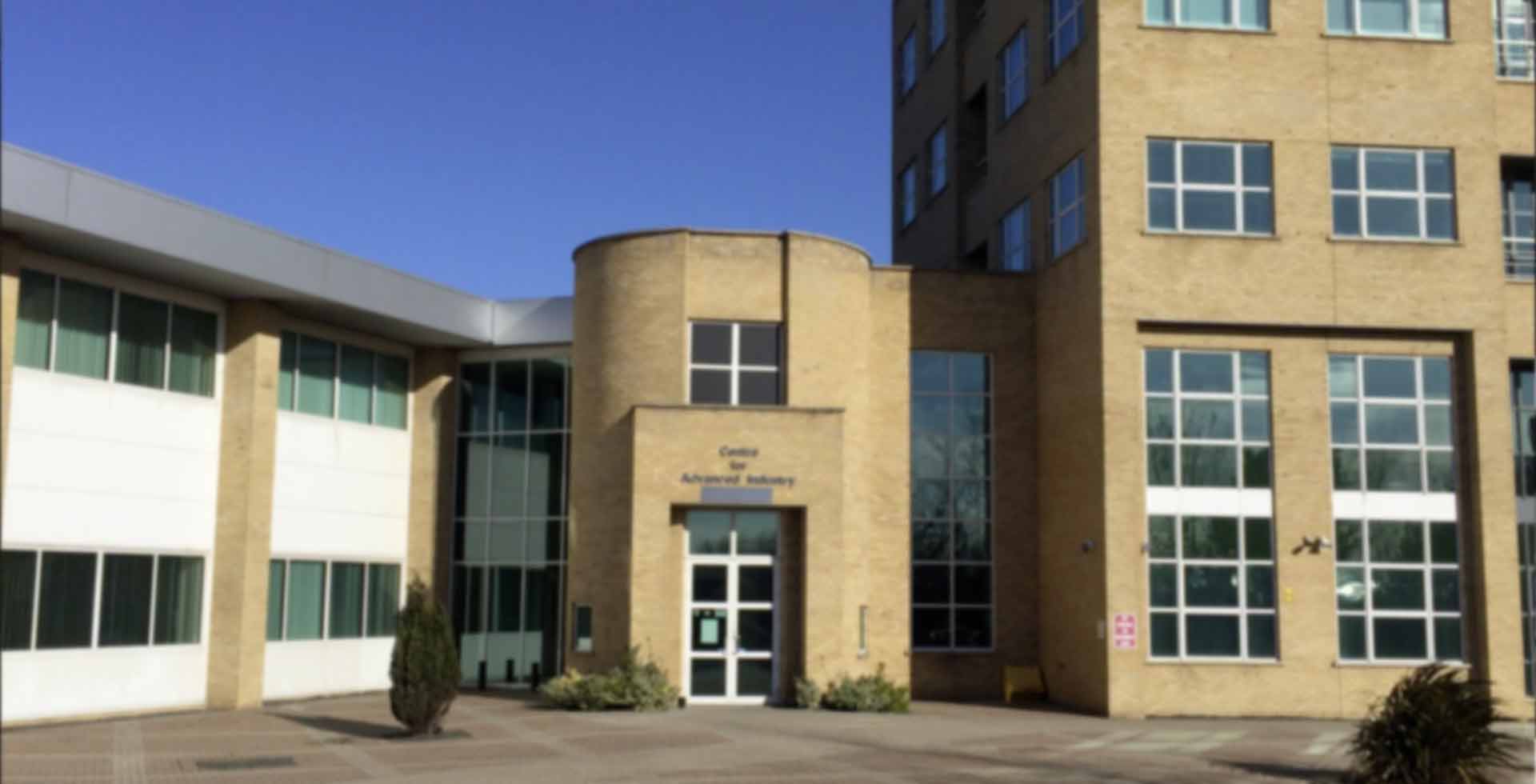Forensic
Law enforcement agencies, forensic consulting firms and human resources departments are among Data Recovery Hub’s forensic service clients.
Data Recovery Hub provides them with the services and expertise required to safely collect evidence from hard drives and computer systems and the forensic analysis capabilities of storage media in search of deleted, hidden or maliciously or accidentally damaged data.
Evidence garnered from computer storage devices can be as critical to the successful prosecution of a case as any other physical evidence. With the burgeoning “white collar” criminal activity dependent on computer technology, Data Recovery Hub’s forensic expertise assists our clients in gathering evidence that may otherwise be overlooked, undiscovered or contaminated.
Data Recovery Hub’s Computer Forensics practice utilizes experts skilled in ensuring that all digital data has been handled within the legal principles of security, continuity and accountability. The integrity of Data Recovery Hub’s procedures and processes will withstand the challenges presented in a court of law.
Data Recovery Hub’s entry into computer forensics required a sophisticated level of understanding of today’s requirements for law enforcement and legal procedures. To this end, Data Recovery Hub has retained the expertise of leading practitioners in these fields. Detective Superintendent Larry Edgar and Elliot Berlin, L.L.B., were instrumental in ensuring the forensic practices developed by Data Recovery Hub met the highest standards required under court-required rules of evidence and legal procedures.
Data Forensics and Computer Evidence Collection Process
One of the key elements in every data forensics procedure is time. Users may unintentionally or inadvertently modify or overwrite evidence simply by continuing to complete their daily tasks. Data Recovery Hub can quickly collect and preserve data or evidence that may have been deleted or become inaccessible through normal computing methods.
Data Recovery Hub can determine if certain information exists and, if so, where it might be located.
When the data storage media is received at the Data Recovery Hub facility, an accurate audit trail commences. The media is immediately logged into a tracking system and a logbook is produced.
This logbook, suitable for all legal proceedings, accompanies the media through all steps. Any Data Recovery Hub employee who handles the media ensures the continuity of evidence by adding their name, signature, date and a detailed description of what was done.
At this stage of the process, Data Recovery Hub’s expertise in magnetic media storage devices begins to play a crucial role. First the media is replicated exactly on a sector-by-sector basis ensuring the integrity of the subject media and evidence is preserved.
Data Recovery Hub works only with the replicated copy ensuring that no contamination of the original data takes place. In this preliminary examination, Data Recovery Hub provides the client with a report detailing the file structures, integrity and recoverability of deleted files.
This report may be used to determine if the files present will be of assistance in the investigation. Data Recovery Hub will make recommendations at this point on how to proceed if further information needs to be retrieved.
This report allows our clients to make an informed decision on the various options that may be available to them.
The objective of adhering to this rigorous process is to provide our forensic clients with the following results, which may be required in a court of law:
- Exhibiting evidence specifying the facts that will support a conclusion or judgment
- A forensic report stating how the media was treated and how the forensic testing was performed
- A report log providing a detailed audit trail of the media.
- A standardized process which allows for the replication of findings should a challenging group feel it is necessary to dispute the results.
To start a recovery request contact us, online request , call 0800 048 5225
